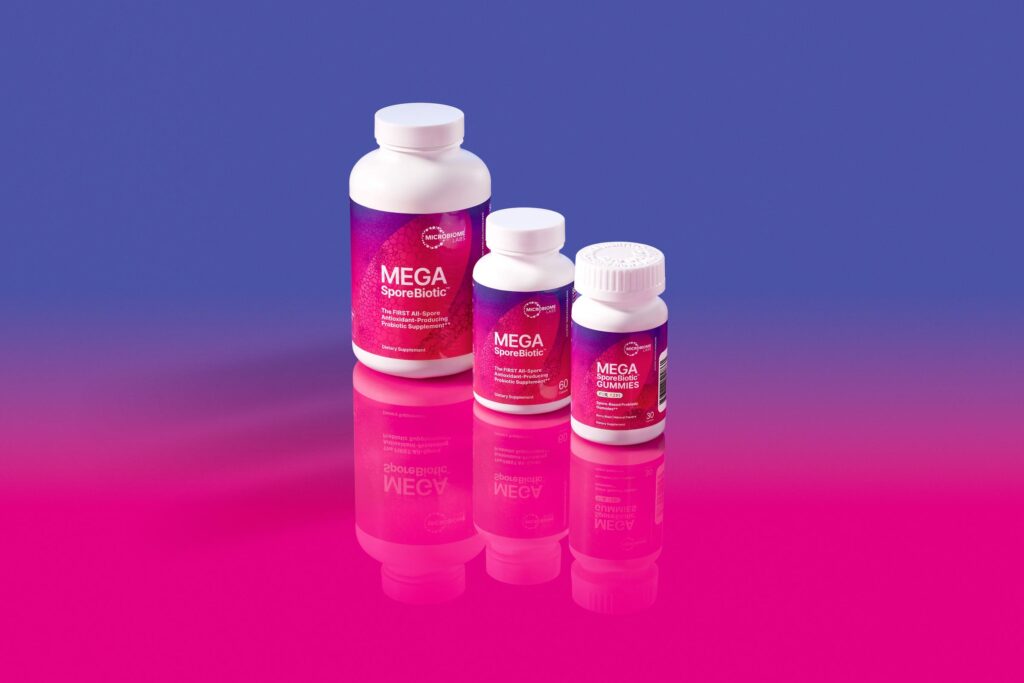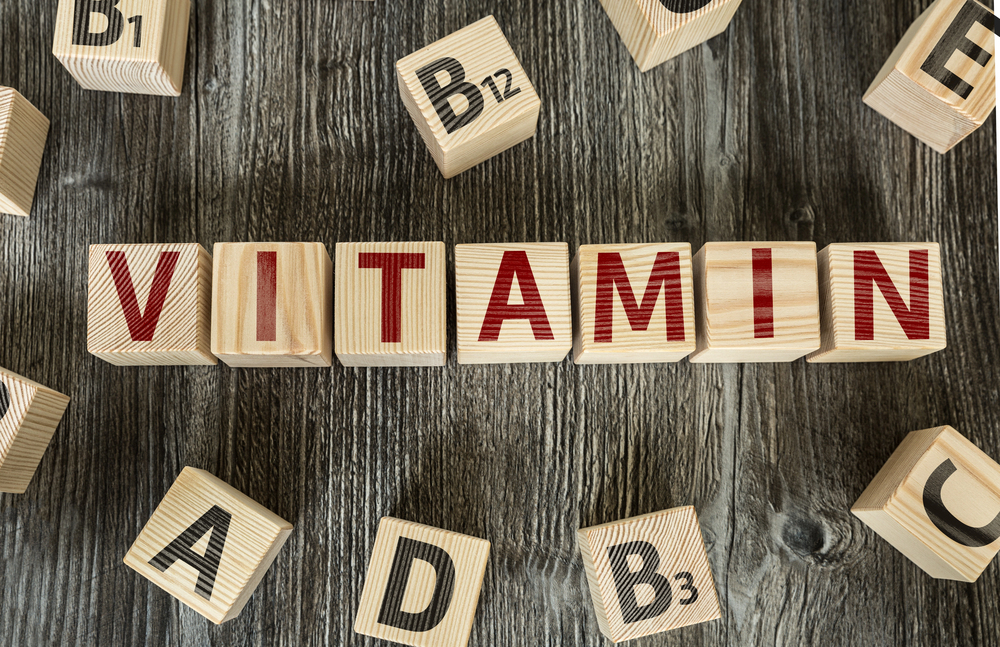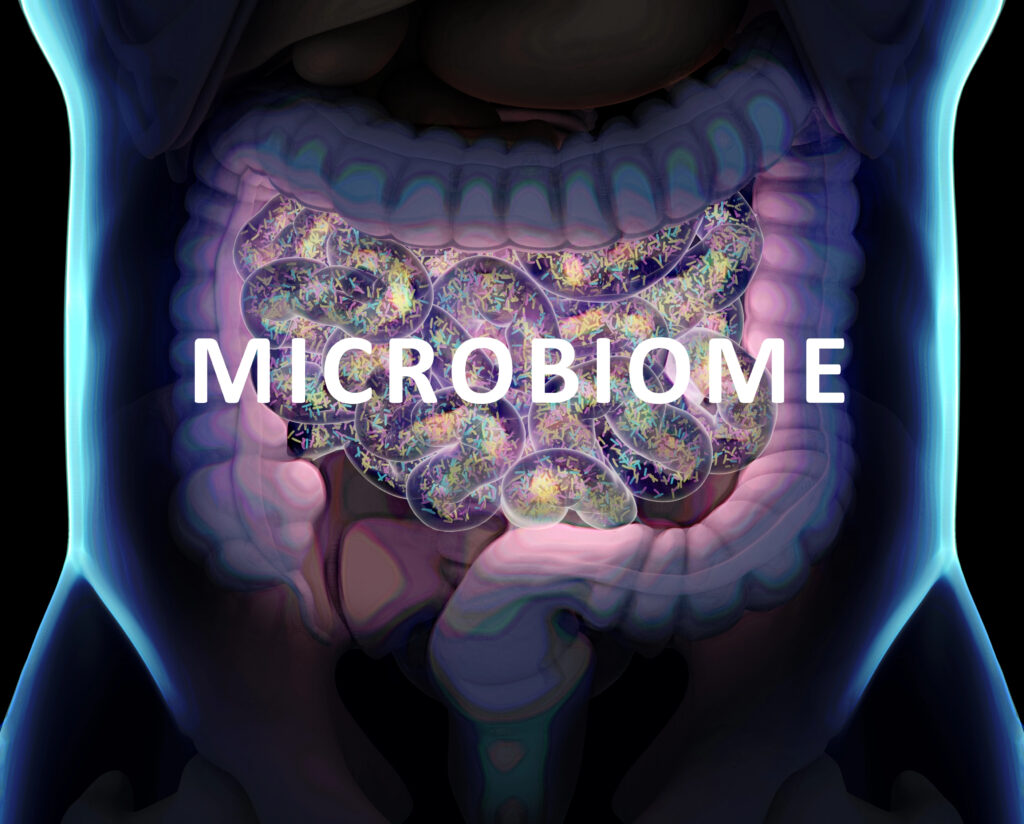Good digestion is the key to overall health. To maintain or achieve health we need to be able to break down & absorb our nutrients. We also need to keep the digestive tissues toned and eliminate wastes efficiently from the body. Additionally, a healthy, diverse microbiome is connected to better immune function, and it’s important to focus on the gut as we move into cold & flu season.
There are many digestive supplements that can help support our digestive health. It can be hard to keep track of what each supplement does and which one to choose! See below for our suggestions for better gut health.
5 Supplements for Good Digestion
1.Enzymes help you break down your food so that nutrients can be absorbed. Issues like gas, bloating, and a very full feeling in the stomach after eating are often caused by incomplete digestion of food. A common source of sluggish digestion is stress. Age can also be a factor. Enzymes are a great first step to improve digestion. Some folks may use them daily depending on diagnosed conditions, but otherwise they can be used as needed.
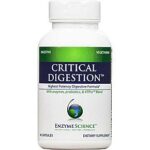
For general help with digestion, use a broad spectrum enzyme such as Critical Digestion. Specific enzymes can help with the digestion of gluten, dairy, soy, or beans. While it is best to avoid foods you are sensitive to, travel and eating out can make that challenging. Digestive enzymes are helpful in those cases.
If you prefer to stimulate your own natural digestive juices, digestive bitters can be used for this purpose. Bitters can be especially helpful for those who have had their gallbladder out.
2. Prebiotics are dietary fibers that provide “food” for the beneficial bacteria in the stomach. This is how they help improve the health of the gut microbiome.
Prebiotics include inulin, fructooligosaccharides (FOS), and galactoologisccharides (Gos). Foods naturally high in prebiotics include garlic, onions, bananas, asparagus, oats, leeks, and more.
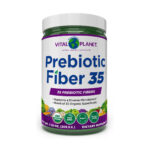
Prebiotic supplements can increase the diversity in the microbiome in those who do not include many of those foods in their diet. They can also help those who showed low microbial diversity on a stool test. A more diverse microbiome is connected to better digestive, immune, and mental health.
**Do not use prebiotics if you have been diagnosed with SIBO, or any condition that requires you to follow a low FODMAP diet. Prebiotics can have negative effects in those cases.
3. Probiotics are the “good” bacteria that live in your gut. They aid in the breakdown of food, protect the lining of the digestive tract, fight pathogens, enhance immunity, and help synthesize certain vitamins like B12 and K2. It would be difficult to overstate their benefits, which extend to all body systems.
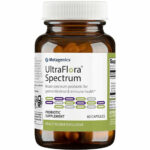
Probiotics are key to recovery from any digestive or urinary condition and are important to the everyday functioning of your system. They benefit digestion, nutrient absorption, and ease of elimination. There is also a plethora of new research on the connection between gut and brain health.
Probiotics are measured in CFU’s (colony forming units). A probiotic made to support everyday health may be as low as 1 billion CFU’s or as high as 15 billion. Higher potency probiotics are typically intended to target specific conditions like vaginal yeast, diarrhea, irritable bowel, antibiotic use, etc.
4. DGL (Deglycyrrhizinated Licorice) is an excellent replacement for acid reflux medications, which may harm nutrient levels and reduce immunity. DGL is a form of licorice that does Not cause high blood pressure. DGL enhances overall digestion, protects the lining of the stomach, and is helpful with a cough caused by acid reflux. It is also helpful with the healing of ulcers.
5. Fiber/Elimination Fiber provides bulk to the diet, tones the tissues of the digestive system, and enhances transit of food through your system. Both soluble and insoluble fibers are important to keeping the lining of the digestive tract healthy as well as aiding elimination. You can eat foods high in fiber or add a fiber supplement to maintain good regularity.
**If you are very constipated, you must get the bowels moving before adding too much fiber. This can be done with herbs like senna, marshmallow root, or cape aloe.
That’s the 411 on top digestive supplements and their use! Consider using one of these if you want to enhance your digestive health and the health of the whole body.
Need more help? Consider making an appointment with me (Lynn Bednar MS, CNS, LDN) or stop by the store.

